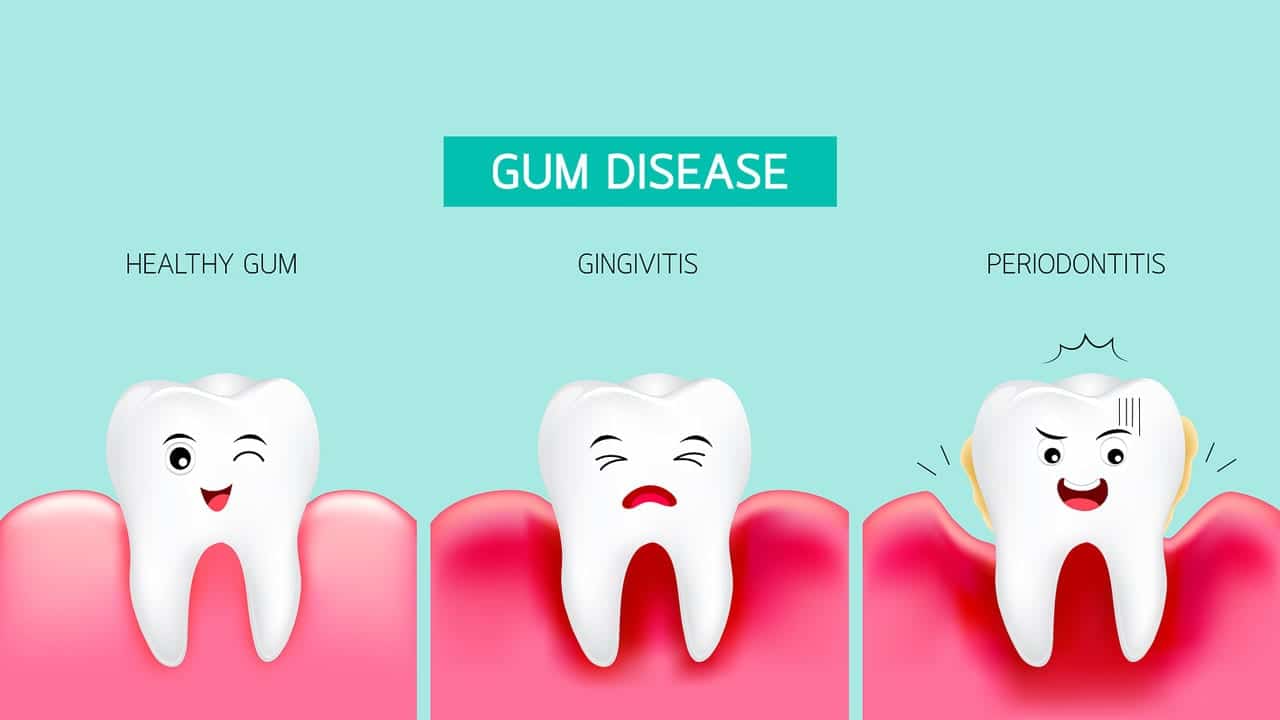
Periodontitis involves “inflammation around the teeth.” As a hard form of periodontal disease (gum disease), it hurts the pink tissue keeping your teeth in place.
Potential difficulties go beyond inflamed gums, too. If you don’t receive treatment, periodontitis can damage the bones in your mouth and point to the loss of teeth. But, providentially, you can catch steps to circumvent this serious disease.
Our periodontist typically:
Consider seeking care from an experienced periodontist as recommended by your general dentist or another healthcare provider, or if you have any of the following symptoms or conditions:
Your dentist or periodontist can perform most procedures in the office. The time needed to perform the procedures, degree of discomfort, and time needed to heal alter from patient to patient. Other portions are the type and size of the system and your overall health. Local anesthesia to numb the treatment area may be presented before some treatments. If required, may give a medication to ease you relax.
At the outset of treatment, it is never likely to predict complete success with confidence (due to variations in the movement of acknowledgment between different patients), and it is necessary to recognize that the long-term upshot pretty much depends on the patient’s frequent acquiescence with the treatment plans (especially the individual and special Oral Hygiene Instruction (OHI) the patient will suffer as an essential component of the prescription).
During the patient’s treatment for periodontal disease, they should, of course, proceed to accompany their dentist at Newmarket Dental Health for any emergency or prevailing dental treatment plus their routine planned dental examinations.
© Copyright 2026 newmarketdentalhealth.com All rights reserved.
Website Designed By: Alltoit Technology